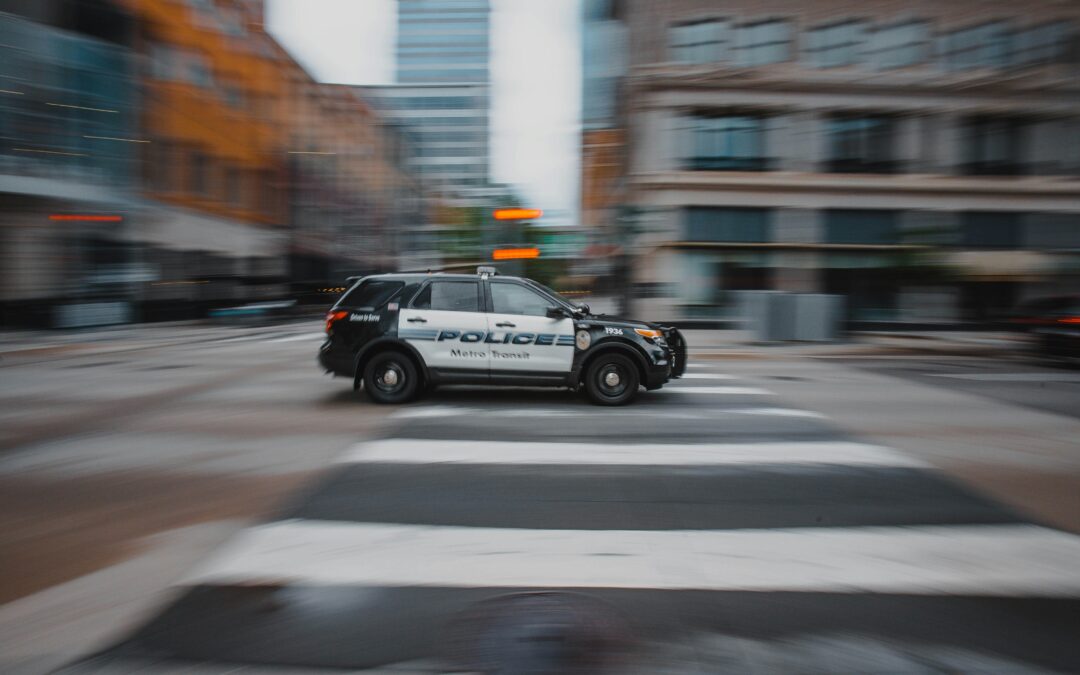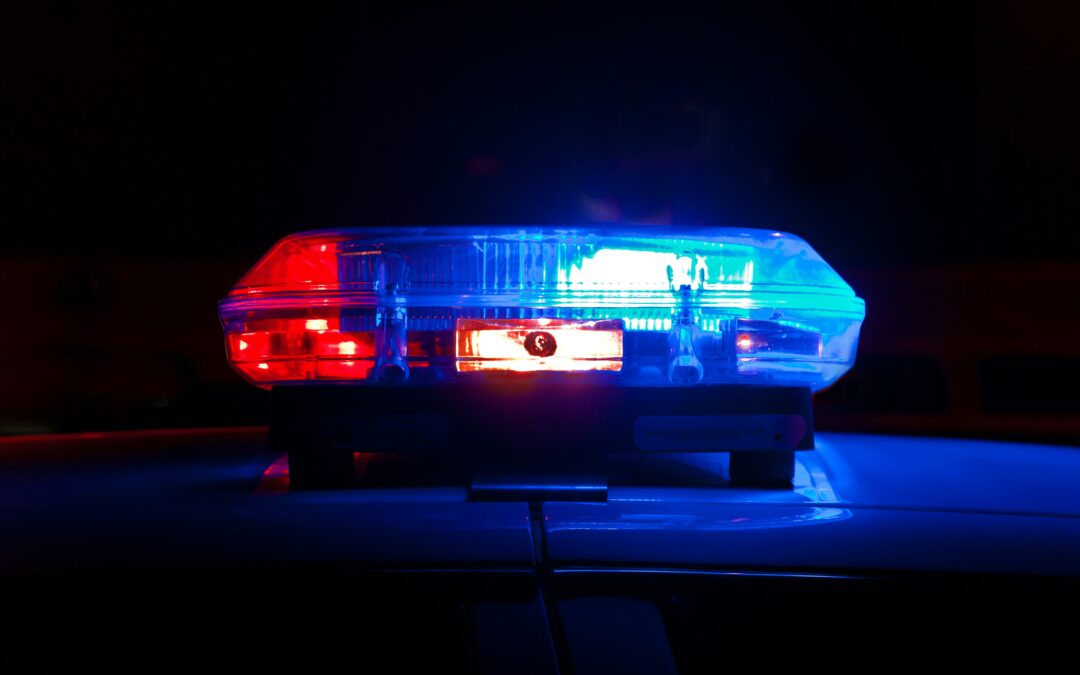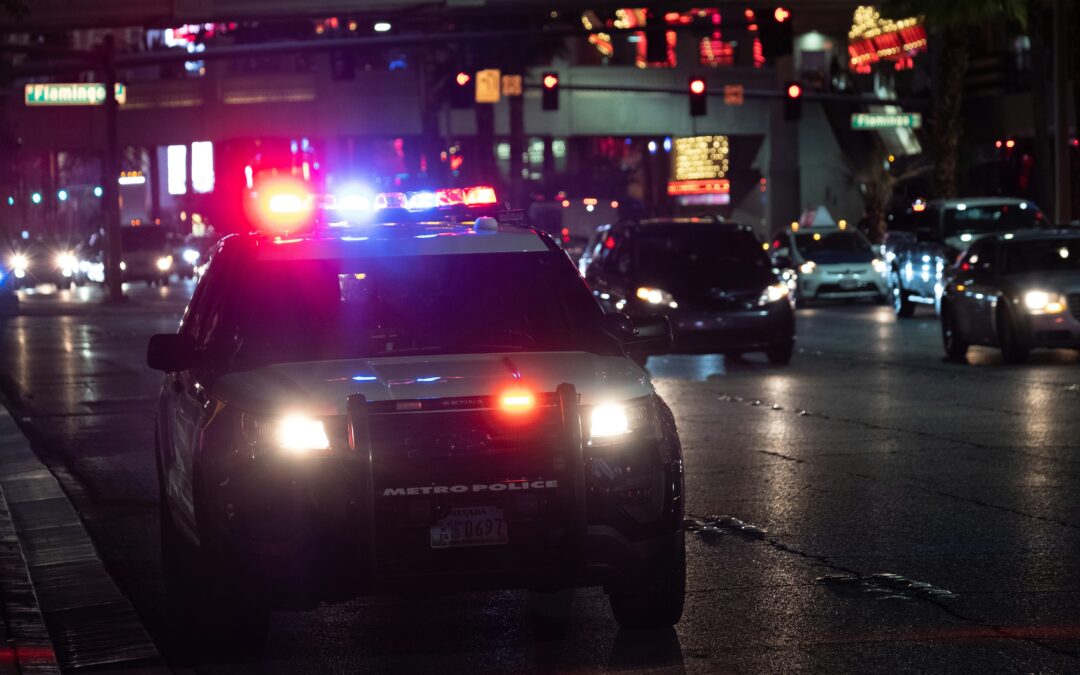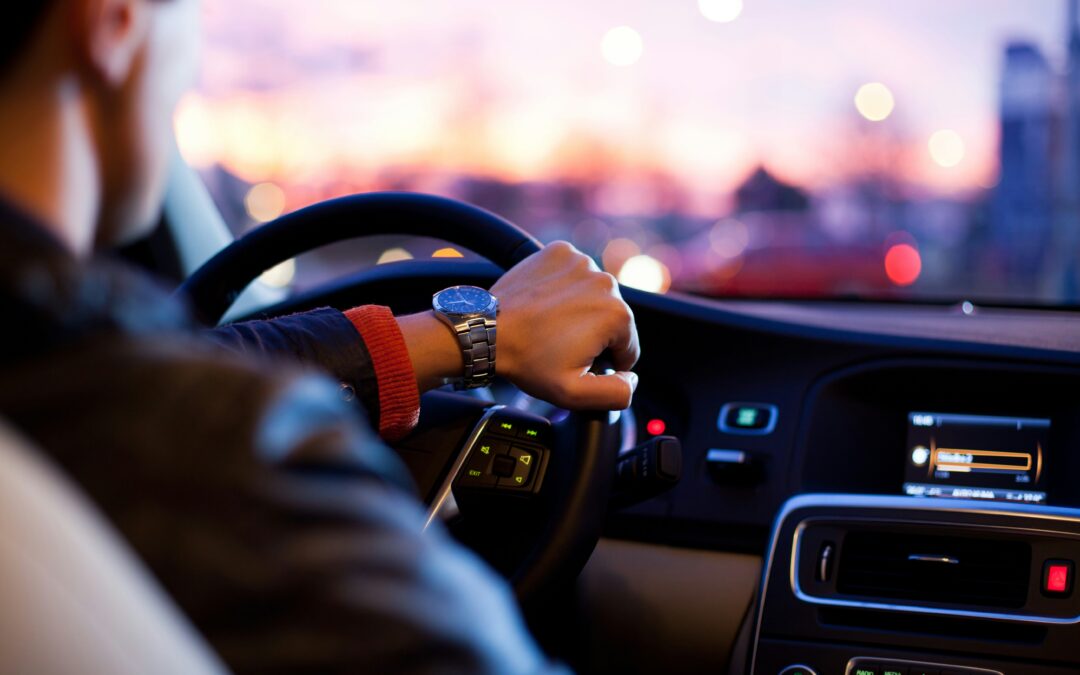
by Jon Fournier | May 15, 2024 | Dui Defense
As a law firm, one of the most common questions we receive from our clients is: Do I have to blow if I get pulled over for a DUI? It’s an important question to consider. Let’s explore it in more detail below! Refusing an Initial Field Test If a police...

by Jon Fournier | May 12, 2024 | Dui Defense
Being arrested for a DUI is a dire situation in the state of Michigan. It is up to you, not the legal system, to advocate for yourself and your rights. If you are facing a driving under the influence charge, it is critical for your future that you seek qualified legal...

by Jon Fournier | May 8, 2024 | Dui Defense
The fourth amendment to the US Constitution provides protection for American citizens from unreasonable search and seizure. Should a law enforcement officer want to search you, your home, or your vehicle, they must have probable cause and a search warrant signed by a...

by Jon Fournier | May 1, 2024 | Dui Defense
Do you remember that sweet feeling of freedom when you earned your driver’s license? For the first time, you could go where you wanted, when you wanted. As you grew up and your aspirations and responsibilities increased, a car and a driver’s license became essentials....

by Jon Fournier | Apr 16, 2024 | Dui Defense
Your commercial driver’s license (CDL) is essential to making a living. Losing a CDL due to driving under the influence can disrupt your livelihood, your family’s quality of life, and possibly your future. If you rely on a CDL for work, then you require an experienced...

by Jon Fournier | Apr 14, 2024 | Dui Defense
In many states, DUI is the term used to describe someone who operates a vehicle while over the legal limit. What Does OUIL Mean? But Michigan also uses a range of other acronyms to describe people who operate vehicles while under the influence. OUIL stands for...







